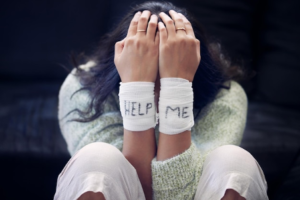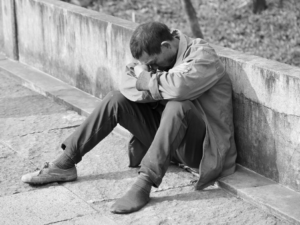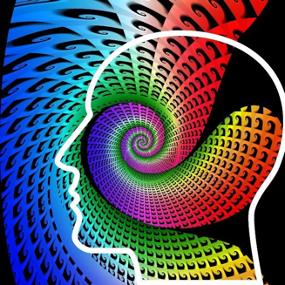In Part 1 we saw that Shame is usually the emotion that accompanies making a mistake. This was exemplified by Sally’s experience with her supervisor, who had called her out in front of her entire team for a mistake. Sally, you will recall, was deeply wounded by the incident. Remember she felt disgraced, worthless, embarrassed, silly and had vowed never to share an idea with her company ever again. What a loss for the company!
Trigger Event
Admittedly, Sally might have had that shame wound from before the incident. People have emotional responses to almost everything that occurs while we are living, whether we realize it or not. Bradberry & Greaves, Emotional Intelligence 2.0 write, “When something generates a prolonged emotional reaction in you, it’s called a ‘trigger event’. Your reaction to your triggers is shaped by your personal history, which includes your experiences with similar situations,” (2009). It turns out that the run in Sally had with her supervisor and her team was a trigger event.
Shame during Childhood
She subsequently related to her friend that she had been shamed a lot during her childhood. Joanne Highley, Mercy Triumphs over Judgment) postulates, “Shame is a horrible blow to a child’s tender self-hood. It makes the child feel unacceptable and dirty, besides being generally rejected in public. If the trauma of shame has been experienced repeatedly, soon the child will think in terms of shame and act from those thoughts and identity. Shame can make the shoulders droop and the head hang. Shame leads to isolation because of feeling alone and rejected by everyone. Shameful thoughts create a view of God that is not true – a God who punishes and shames, then casts away from His presence. It is hard to be rational when shame comes.” (2016)
See what trouble a mistake can create? It is a sad testimonial that many individuals have zero tolerance for mistakes. But what is a mistake? According to the Cambridge English Dictionary a mistake is an action, decision, or judgment that produces an unwanted or unintentional result. The Merriam Webster Dictionary calls it wrong action or statement proceeding from faulty judgment, inadequate knowledge or inattention.
Worthless Good Intentions
There are many people who are under such pressure not to make a mistake that invariably they do make mistakes. Also, the expectation of being shamed keeps them tense and un/underproductive. Interestingly, if questioned about shaming another, the individual would protest that he/she had ‘good intentions, only meaning for the person to learn a lesson and not make the same mistake again. However, as so powerfully illustrated by Sally’s story, those good intentions are most times worthless. What do you think? Is it time for us to change our mindset regarding mistakes? Can mistakes be redemptive? Can they be used to add value, rather than demean, degrade and wound?
Experience has taught me that mistakes can indeed be redemptive. It usually drives me to God in prayer, seeking His face for a solution, which is usually forthcoming, much to my delight. Other benefits:
• We learn and grow from mistakes
• Mistakes foster the development of responsibility and independence
• When one is given a chance to make good on a mistake it is usually a sweet feeling
• Mistakes facilitate the building of problem solving and critical thinking skills
• Mistakes enable improvement in memory and retention
Mental Pattern … Not Master
Sally’s supervisor and the company would have benefitted tremendously if Sally had been given the opportunity to learn and grow from her mistake. The relationships between herself the supervisor and her team would have been enhanced and the company would not be in danger of losing the contribution of a member of the team. Our friend Sally has some work to do. She must realize that things that happened in the past are not the same today. She must stop allowing her stored emotions to colour her thinking and lie to her. Her mental patterns are not her master, she is not a victim. Her stored emotions coloured her thinking and lied to her. The assurance is that God is with her and will give her the power to overcome them. If you or a loved one struggle with shame, please seek assistance from a qualified counsellor who will offer you the support you need as you work through your issues.
The next time you make a mistake what will your reaction be? I hope you will see it for what it really is… a ‘MISKATE’ and learn and grow.






